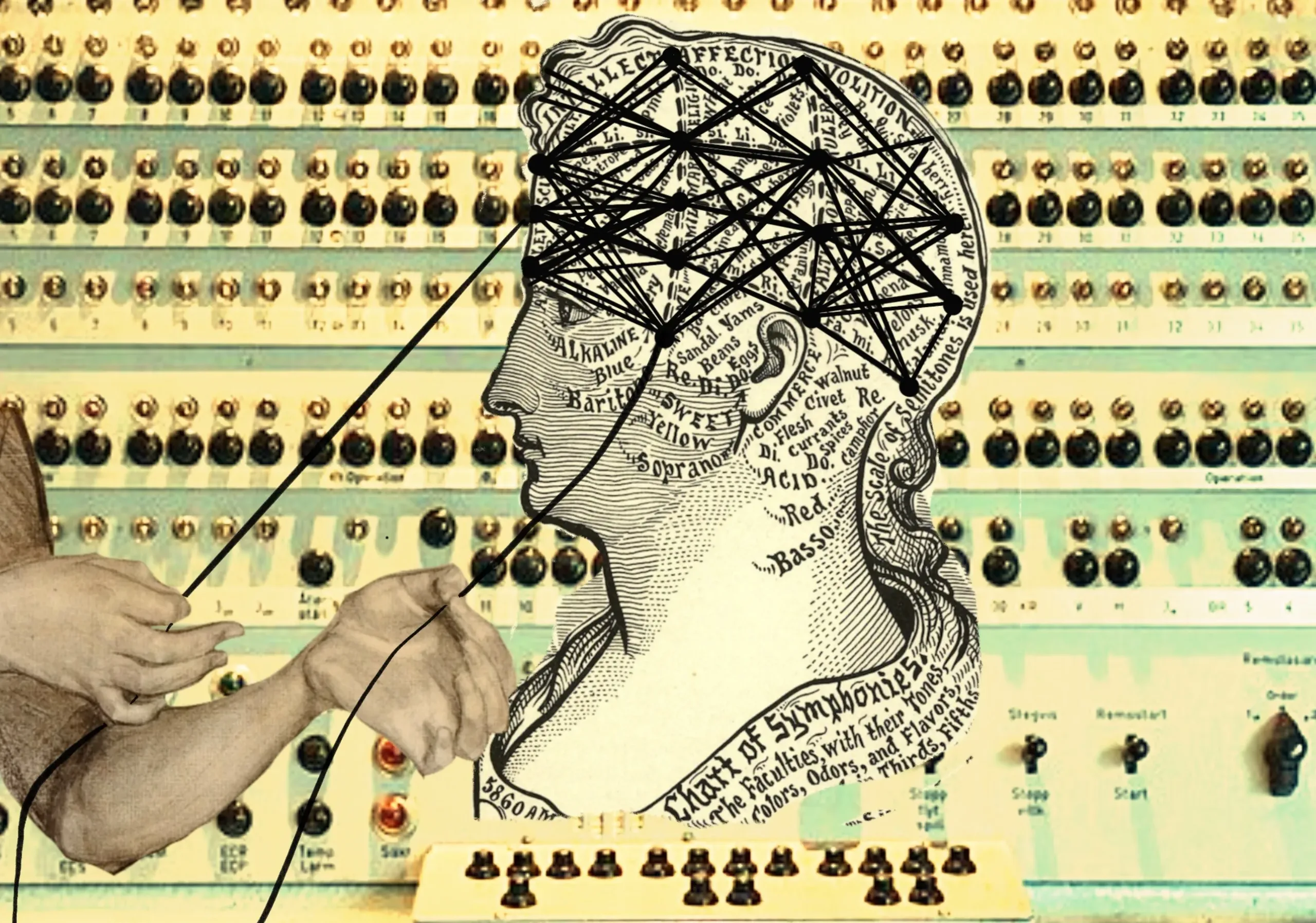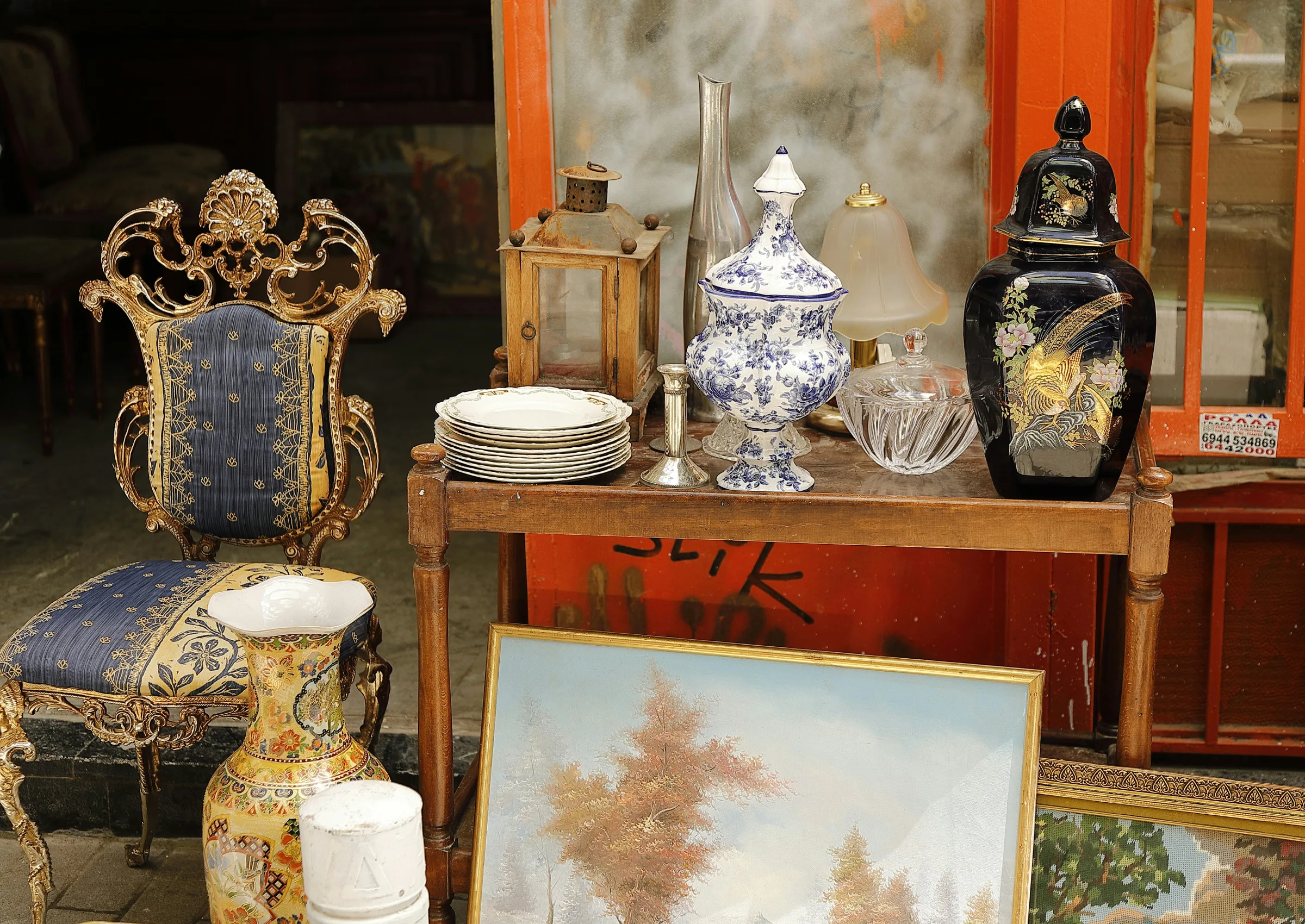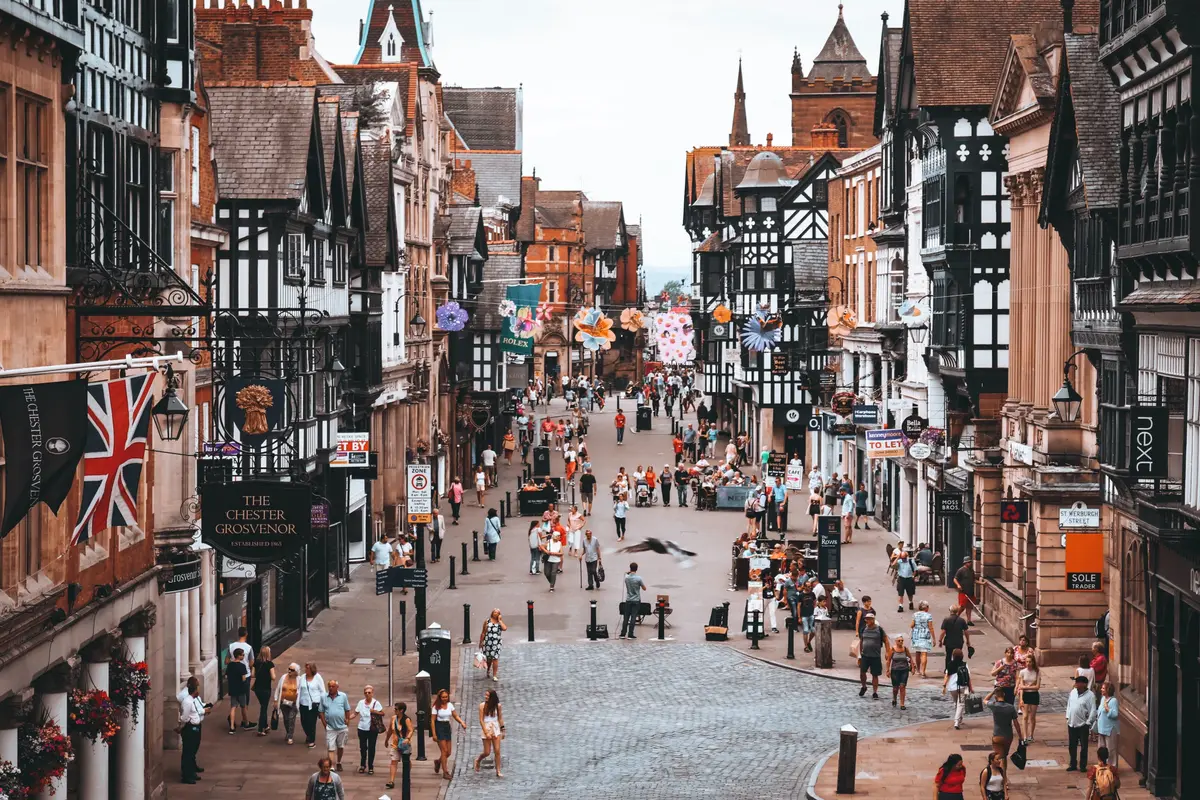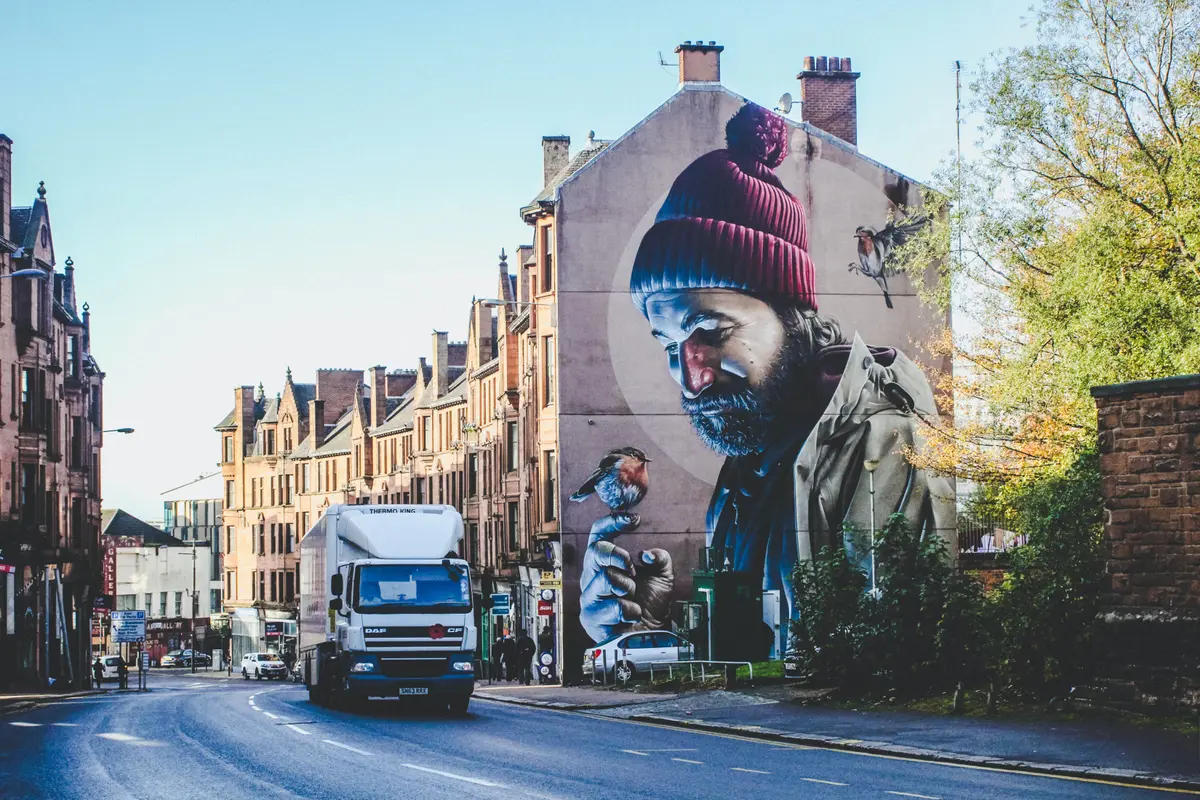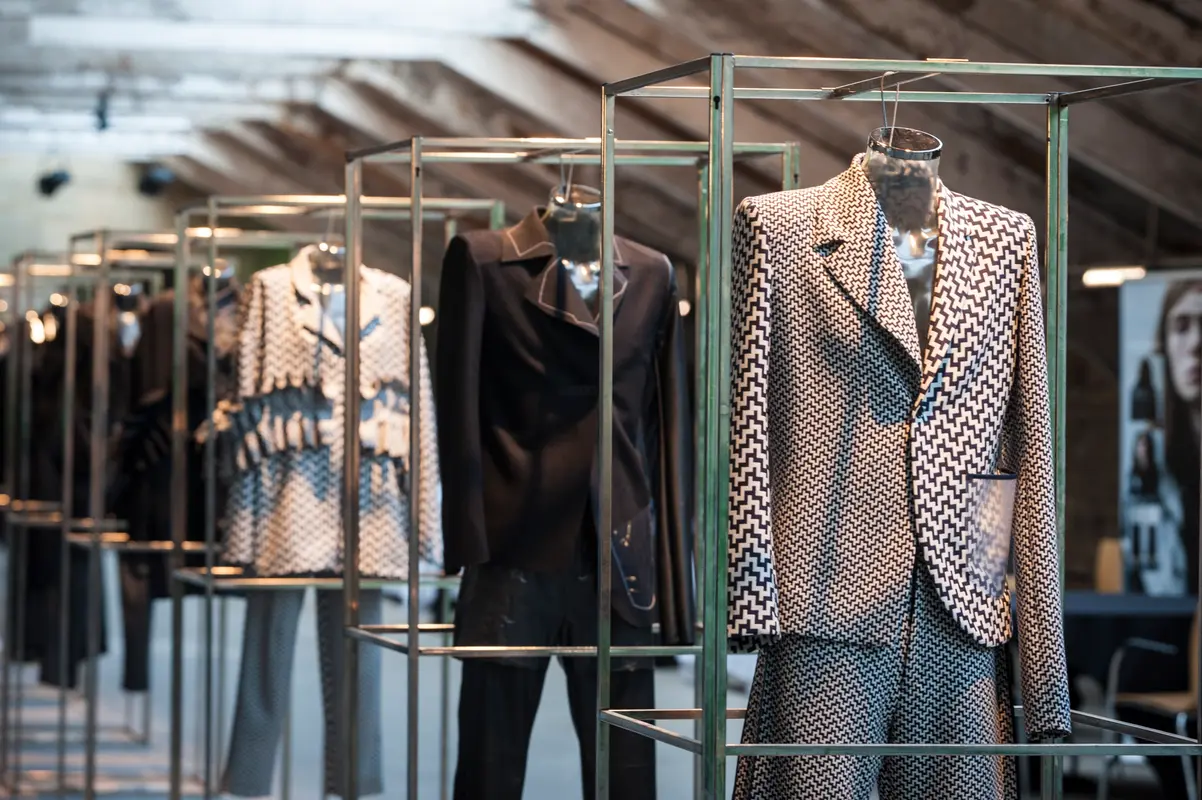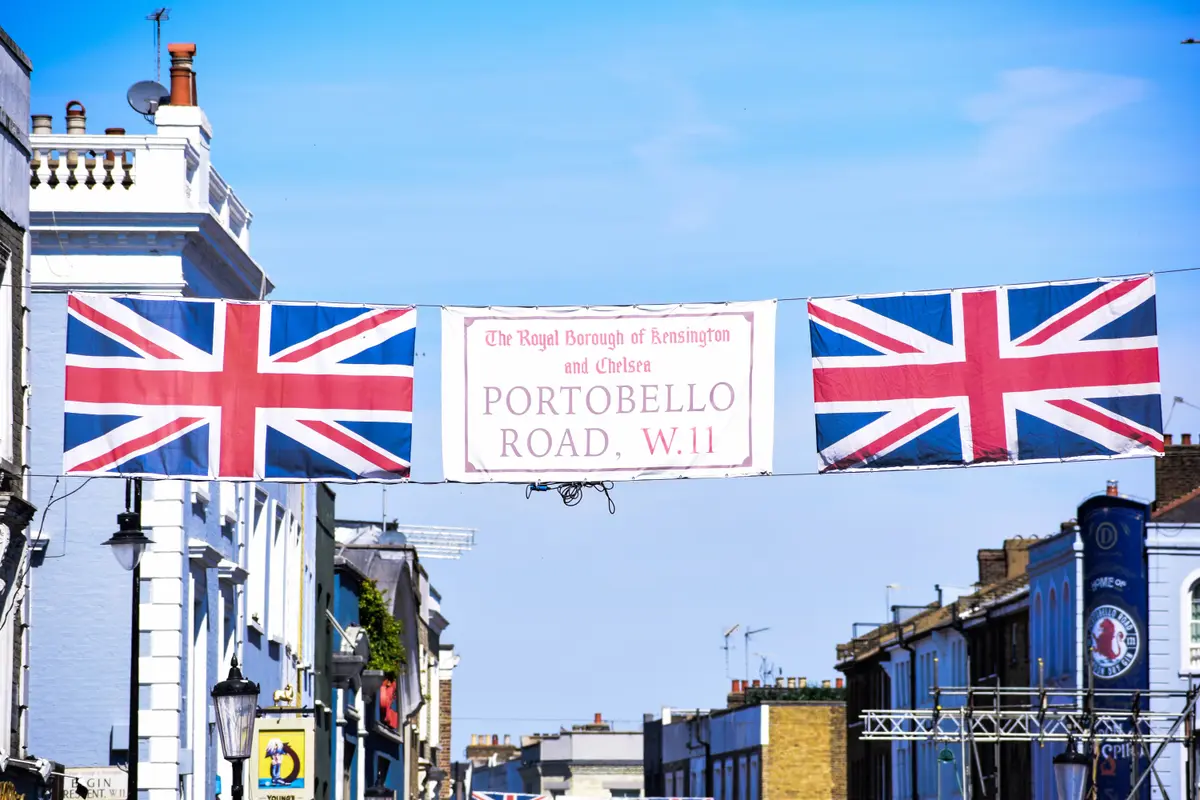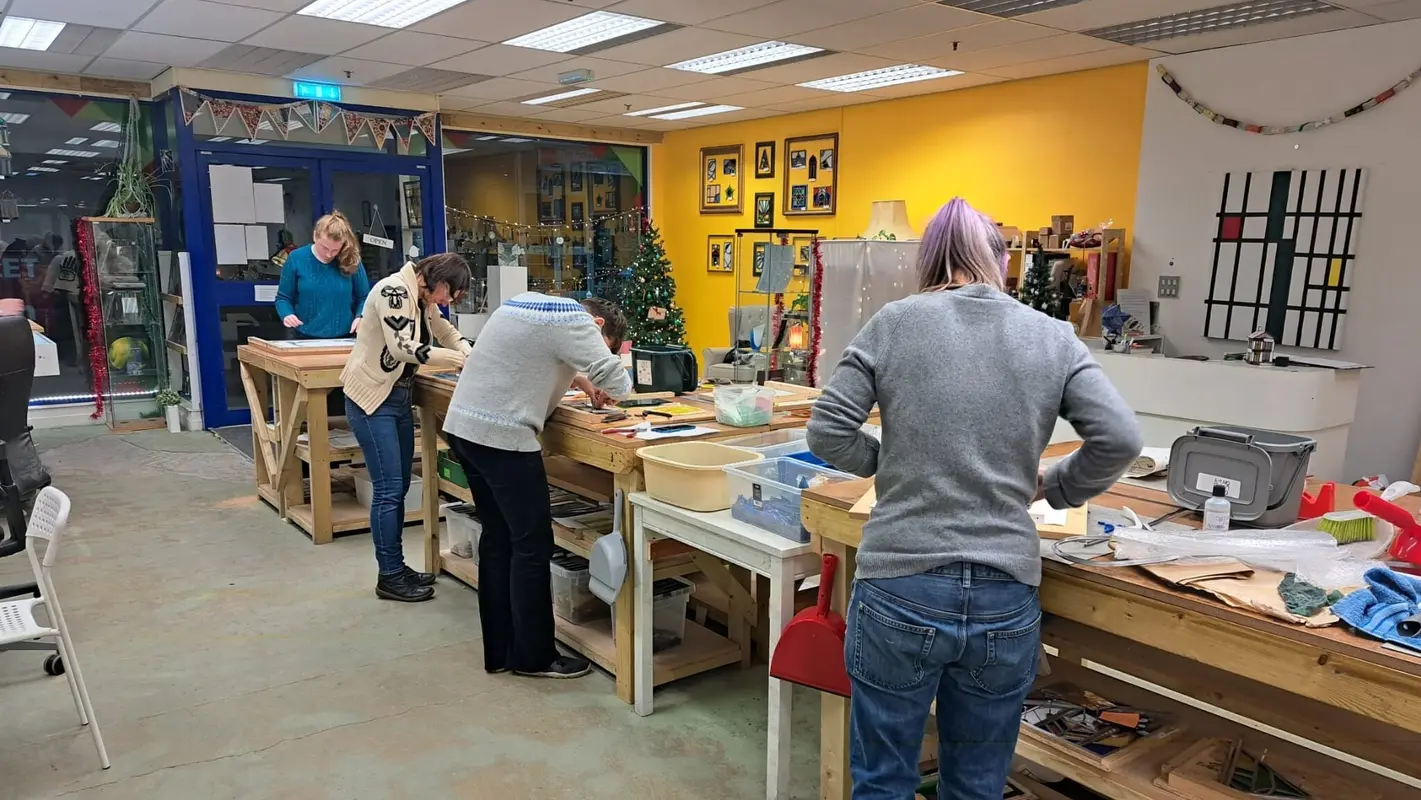This report identifies examples of work taking place across three levels of change – social, ecological and economic wellbeing – that could act as pilots in and beyond the fashion sector. The findings suggest that efforts to operate more sustainably can encourage an expansion of creativity and business distinction. Likewise, design entrepreneurs who ground their creative practice in the context of the wellbeing economy are developing operational practices that align with that creative ambition; meaning operational (putting their own house in order) and conceptual sustainability (making and influencing change in society) can be mutually reinforcing. This paper explores the opportunities to expand on such examples and to link them to the fashion and sustainability policy landscape.
This will also help identify ways to lift the current inhibitors of a UK wide expansion of the contribution the sector can make to sustainability goals, with specific reference to a just transition of the fashion sector to net zero emissions, understood as achieving net zero in ways that are as fair and inclusive as possible to everyone concerned, creating decent work opportunities and leaving no one behind.
The report seeks to contribute to shifts in how fashion entrepreneurialism is viewed by demonstrating the viability of connecting environmental, social and business goals and relating them to sustainability cultures. The recommendations of the paper are aligned to sector and wider environmental policy and industry-related goals with an ambition to inform and accelerate a fashion wellbeing economy.
_________________________________
Image by Matthew Smith via Unsplash
Related Discussion Papers
Demand for Creativity and AI Skills in the Post-ChatGPT Labour Market
This study examines the evolving relationship between employer demand for creativity and AI skills i…
Regional Trade Agreements, Cultural Provisions and Trade in Cultural Goods
Analysing the impact of Regional Trade Agreements on the bilateral trade of cultural goods from 1999…
International Trade Challenges and the Effectiveness of Support Measures for the UK’s Creative Industries
The formidable challenges confronting the UK’s creative industries in the realm of exports, st…
Northern England’s Creative Industries
The Creative Industries are already a driver of growth across the UK economy. Export-intensive and m…
Creative Destruction? Creative firms, workers and residential gentrification
A new study by Tasos Kitsos, Max Nathan, and Diana Gutierrez-Posada finds only a minor influence of …
Speaking with One Voice
A fundamental remit of the BBC, and other public service broadcasters (PSBs) like ITV and Channel 4,…
Transitioning to Sustainable Production across the UK Theatre Sector
This discussion paper examines transitional pathways to sustainable theatre production in the UK. By…
Identifying and analysing UK fashion micro-clusters
The UK’s Fashion and Textiles industry contributed almost £20 billion to the UK economy in 202…
Net Zero as a catalyst in fashion micro and small enterprises
This report identifies examples of work taking place across three levels of change – social, e…
The Motives of Inbound Foreign Direct Investors in the UK Creative Industries
The UK’s creative industries have a global reach. British arts, technology, and design are internati…
Brexit uncertainty and international trade in services: Evidence from the UK creative industries 2014-2019
This discussion paper is based on one of the first studies to look at the impact of Brexit on the Cr…
Working Together – Cooperatives as a creative industry business model
This authors looks at how creative workers and students typically understand cooperatives, explore t…

